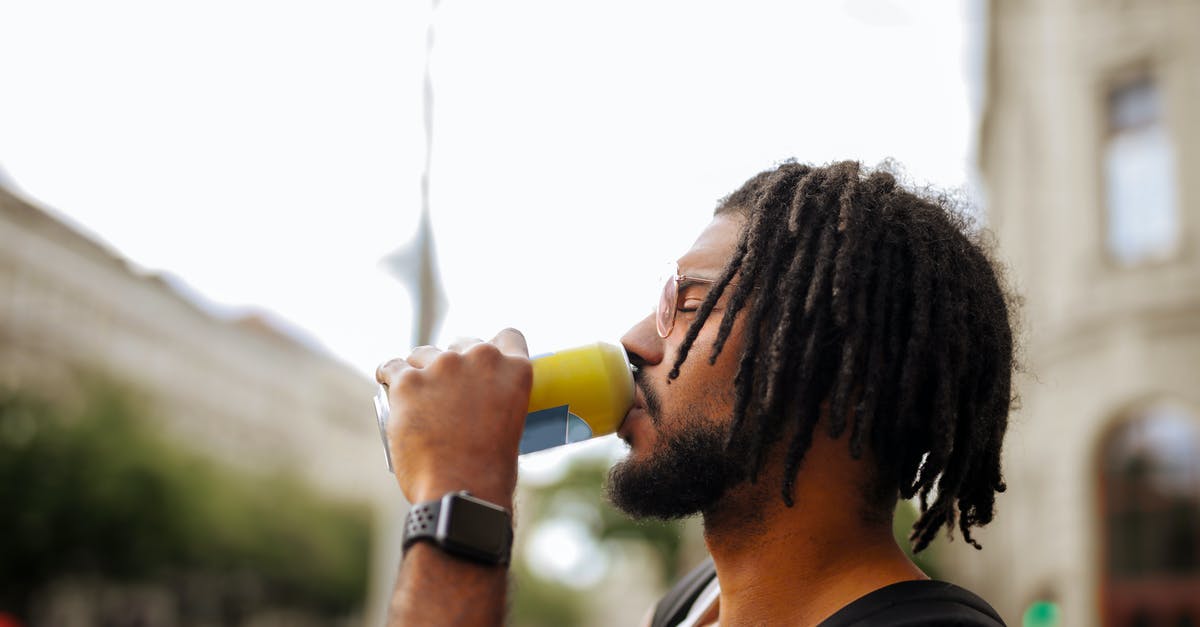Can I bring other people's bodily liquids into the U.S.?

I would like to get AncestryDNA geneology test for my parents, who live abroad. I would order the kits here in the States and take the vials with me so that they can place their saliva samples in and I can mail them when I return.
I am worried whether bringing other people's bodily liquids is legal at the U.S. customs. I imagine bringing a jar of human blood would not be legal and saliva is really just another bodily liquid.
Best Answer
Per the CBP
You may need a U.S. Department of Agriculture permit and/or a Centers for Disease Control and Prevention permit to import biological specimens including bacterial cultures, culture medium, excretions, fungi, arthropods, mollusks, tissues of livestock, birds, plants, viruses, or vectors for research, biological or pharmaceutical use. Permit requirements are located under "Permits" on the USDA Web site and CDC permit information can be found on the Etiologic Agent Import Permit Program page.
From the Center for Disease Control Guidance for Importation of Human Remains into the United States for Interment or Subsequent Cremation:
Blood and other body fluids that leak from containers can cause a risk to human health. CDC has issued guidance for importing human remains into the United States that are intended for interment (e.g. burial or placement in a tomb) or subsequent cremation after entry into the United States. CDC already has regulations that govern importing the remains of a person who died from a contagious disease that is quarantinable.
This new guidance outlines all of CDC’s requirements about importing human remains intended for interment or subsequent cremation, no matter the cause of death. This guidance includes the basic requirement that all human remains be shipped in a leakproof container.
Germs that can cause disease could be present in the blood or other body fluids of a deceased person even if the stated cause of death is not a contagious disease. Such germs include human immunodeficiency virus (HIV), hepatitis B virus, hepatitis C virus, and other germs that can be present in body fluids. This guidance is based on medical Standard Precautions to prevent exposure to infectious diseases carried in the blood and other body fluids.
This requirement is intended to protect the public as well as federal, airline, and airport employees from potential exposure to blood and other body fluids during transportation, inspection, or storage of human remains.
Having said that, the volume of saliva samples you need for a a DNA test is so small I would not worry about it. I would make sure it is in a well sealed container.
Pictures about "Can I bring other people's bodily liquids into the U.S.?"



Sources: Stack Exchange - This article follows the attribution requirements of Stack Exchange and is licensed under CC BY-SA 3.0.
Images: Andrea Piacquadio, Erik Mclean, Dazzle Jam, Rachel Claire
